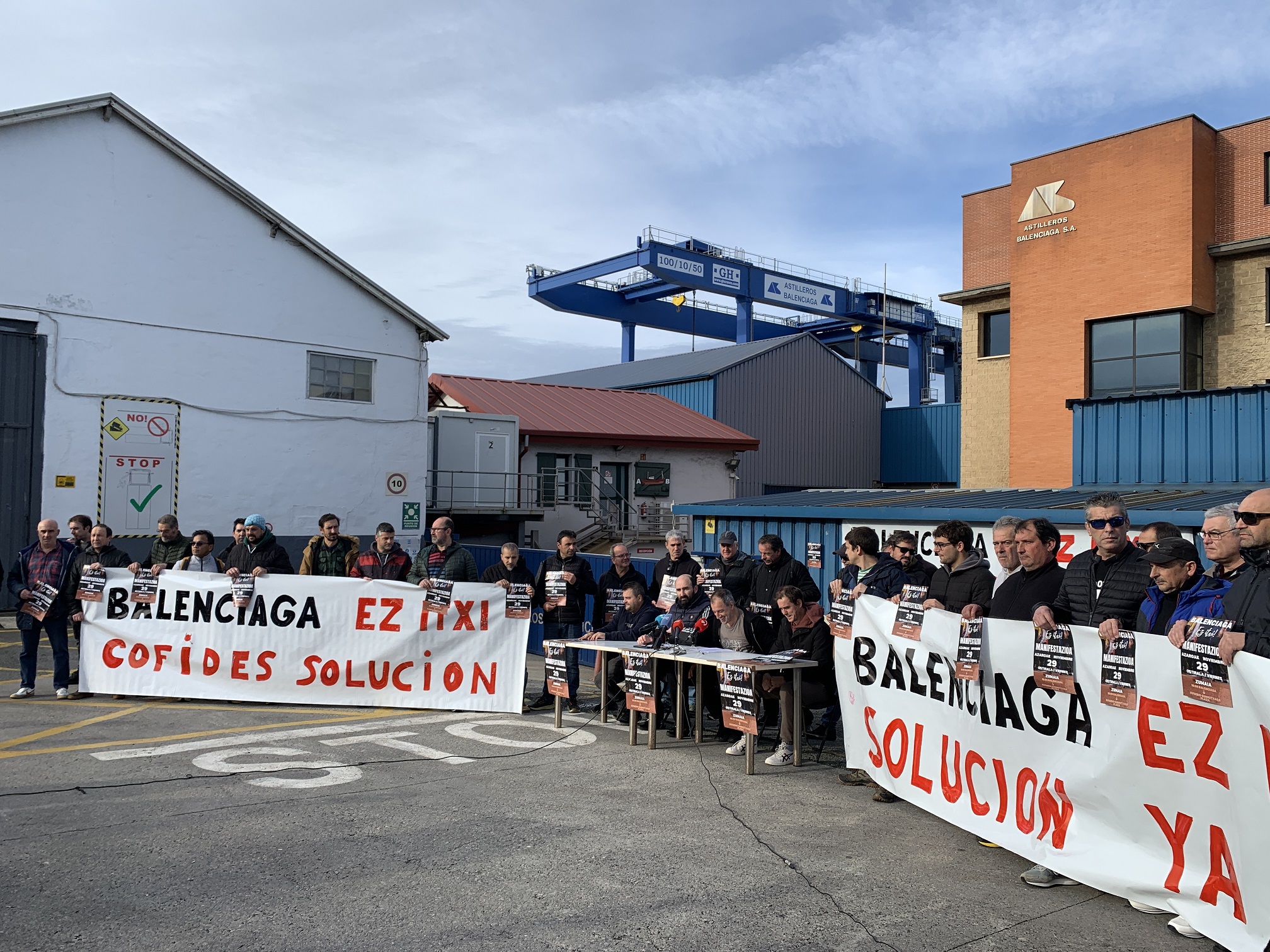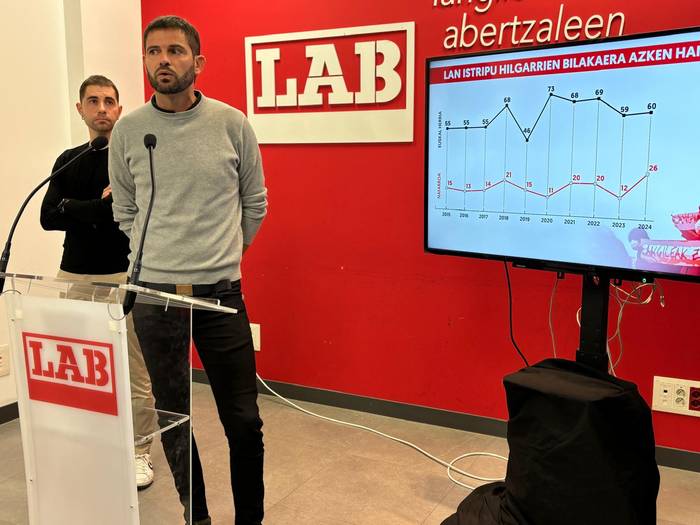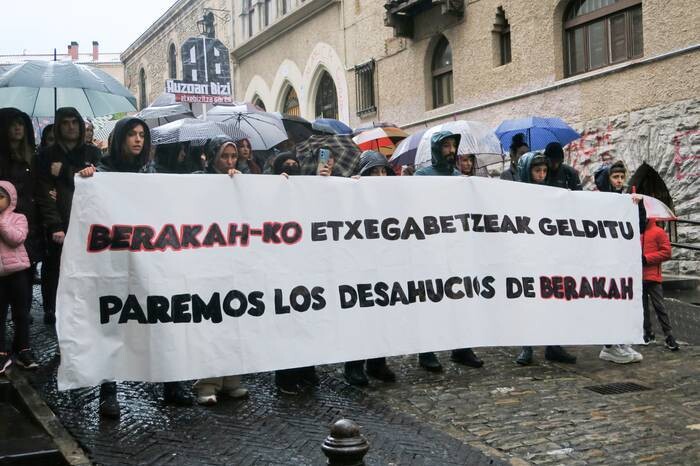The Government of Navarre, formed by PSN, Geroa Bai and Parliament-Tú, and in particular the Economic and Finance Minister, José Luis Arasti, states that "to approach all citizens and empathize with families who are perceiving the harmful effects of inflation". We cannot talk about social justice with current fiscal policy.
The clearest example of the hypocrisy of his words is the linear deflation measure of the income tax rate. As stated, it was the first fiscal measure enacted by the PP and rejected by the Spanish Government of Pedro Sánchez, which considers that it favors large incomes, and that less notice these effects negativos.Es unacceptable that, in an exceptional situation of increased life, the people who contribute the most, that is, alleviate the (tax) burdens on workers, are conditioned less to these measures having a greater inequality in benefit. In other words, it is a tax policy designed for the benefit of employers, to the detriment of the working class.
Thus, an income of EUR 9,000 corresponds to EUR 34 less, but for an income of EUR 120,000 it means a reduction of almost EUR 1,000. It is to be assumed that the highest incomes are those least affected by the increase in life, as those in management positions have the updated wages according to the CPI. It is the opposite of what happens with lower incomes, which deny the salary upgrade of the workforce and impoverish the workers.
The tax burden in Navarre is 8.7 points lower than in the European Union
According to the study carried out by LAB, Navarre is currently at 8.7 points from the European Union's average tax burden, so increasing the tax burden and raising revenue is a feasible option, with lower indebtedness and greater social protection. In fact, if Navarre were to be placed on that average, it would raise an additional EUR 2.3 billion, a figure which, excluding that granted to the Spanish State through the Economic Convention, would be EUR 1.969 million. In other words, the powers of Navarre must be used to increase the tax burden and to transform the tax system profoundly.
As business performance increases and the world of work becomes precarious, Navarros workers contribute five times more to the Hacienda Foral than companies, which are the ones holding the last collections. Thus, the tax rate to be paid for companies’ profits has steadily decreased (since 1996 the general tax rate has been reduced by 20%). Since 2007, thanks to the fiscal policy developed, the Corporation Tax has lost weight in the Navarre tax system. At present, it has not been possible to repeat the collection obtained by the Treasury in 2007 by the corporate tax (more than 500 million), which is currently kept below, while VAT and IRPF have been growing. In short, the current tax structure has been developed for the benefit of large incomes.
On the other hand, the low tax burden indicates that tax fraud is important or that Hacienda has difficulty paying taxes. The rulers usually collect taxes with difficulties of tax evasion, labor income and consumption. On the contrary, they attract the rich through tax amnesty, rather than imposing sanctions with serious consequences. Thus, a significant amount of public funds and investments to the detriment of Navarre society as a whole remains to be received.
This has to be said cambiarlo.LAB that a tax policy based on the principles of progressivity and equality should ensure an equitable redistribution of the wealth generated in Navarre and guarantee fundamental rights to all citizens through public services (health, education, housing, transport, pensions…). Also to successfully face the great challenges posed by the current context (important socio-productive transformations caused by the ecological emergency and the energy crisis), and as a few weeks ago in Navarre they requested through the first General Feminist Strike in history thousands of people, because the time has come to build a public and community surveillance system.
LAB believes that the debate on tax policy must be tackled once and for all, with the necessary political will, because the present tax policy underpins the interests of those who want to continue raising capital in the hands of the few. The main proposals are:
1. That income from personal income tax receive the same treatment as income from work, raising the maximum rate to 60%.
2. In corporate tax, eliminate tax deductions and benefits and set a nominal rate of 35%.
3. Surcharge between 1% and 10% of capital income.
What they will approve on Thursday in the Parliament of Navarre, including the tax measures agreed by EH Bildu with the government, is far from achieving that objective and any structural change that is necessary at the moment.














.jpg)






